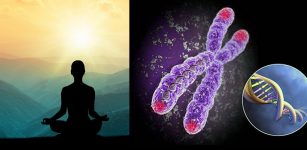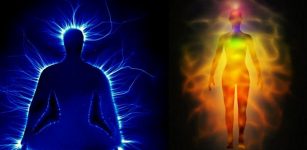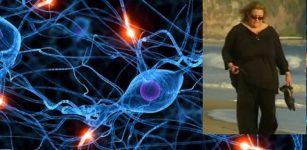Why People Often Become Aggressive After Drinking? – Brain Scans Show Why
MessageToEagle.com – UNSW scientists led by Associate Professor Thomas Denson of the UNSW School of Psychology, used magnetic resonance imaging (MRI) scans to measure blood flow in the brain to better understand why people often become aggressive and violent after drinking alcohol.
They have found that brain areas that temper aggression shut off when people drink.
According to most theories, alcohol-related aggression is caused by changes in the prefrontal cortex. However, there is a lack of substantial neuroimaging evidence to substantiate these ideas.
In this study, research team recruited 50 healthy young men. The participants were either given two drinks containing vodka, or placebo drinks without any alcohol.
While lying in an MRI scanner, the participants then had to compete in a task which has regularly been used over the past 50 years to observe levels of aggression in response to provocation.
After only two drinks, the researchers noted changes in the working of the prefrontal cortex of the brain, the part normally involved in tempering a person’s levels of aggression. Being provoked was found to have no influence on participants’ neural responses
“Although there was an overall dampening effect of alcohol on the prefrontal cortex, even at a low dose of alcohol we observed a significant positive relationship between dorsomedial and dorsolateral prefrontal cortex activity and alcohol-related aggression,” said Denson.
“These regions may support different behaviors, such as peace versus aggression, depending on whether a person is sober or intoxicated.”
The results of the current study are also consistent with several psychological theories of alcohol-related aggression.
“We encourage future, larger-scale investigations into the neural underpinnings of alcohol-related aggression with stronger doses and clinical samples. Doing so could eventually substantially reduce alcohol-related harm,” says Denson.
The study is published in the journal Cognitive, Affective, & Behavioral Neuroscience.
MessageToEagle.com
Expand for referencesReferences:











